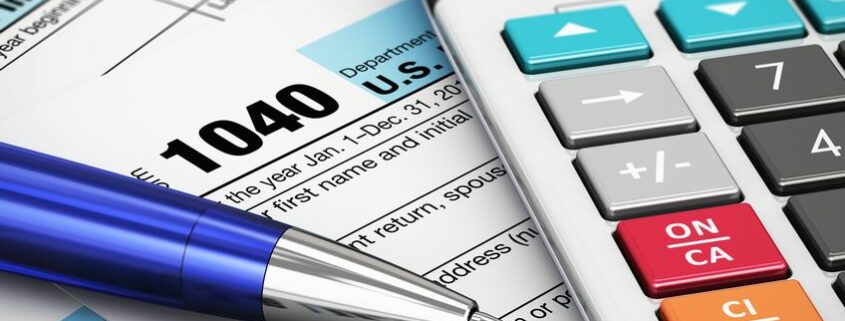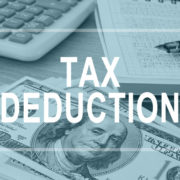A Tax Guide for Sole Proprietorship Traders
When you make part or all of your income from day trading, you have several different options for categorizing and conducting your enterprise. While business entities such as LLCs and C-Corporations are often the smartest choices as far as tax benefits go, many traders prefer to trade as a sole proprietorship.
Sole traders or proprietorships are popular because they are an easier type of business to establish, you retain full control, and tax preparation is less complicated. If you’re keeping your trading enterprise small and decide not to incorporate, there are a few things you’ll need to know about filing taxes as a sole trader.
How is sole proprietorship trading income taxed?
In the eyes of the IRS, a sole proprietorship is considered a pass-through entity. This means that your business income passes through to your personal income for tax purposes. You’ll file via the Individual Income Tax Return, Form 1040, listing your business income, expenses, and deductions on the Schedule C form. The federal income tax rate for the year, as well as your state income tax rate, is what you will pay on your total income, including your business profits.
It’s important to keep in mind if you’re considering a sole proprietorship that in terms of taxes and liability, it is really no different than trading out of your personal name and account. This means you are personally liable for any trading or tax debts or other obligations related to your trading activities.
What kind of taxes does a sole trader pay?
Federal & State Income Tax
The federal and state (if any) tax rates you pay on your personal tax return are the same rates you will pay on your business income, as your profits will be combined and taxed with your personal income. You will file these on a Schedule C Form, as part of your 1040 Form.
Self-Employment Tax
Normally, your employer takes a certain amount of money out of each paycheck for Social Security and Medicare taxes, then matches your contribution. As a sole proprietor, you are responsible for paying the full contribution amount along with your regular income taxes. The Social Security tax rate is 12.4% and the Medicare tax rate is 2.9%, making the total self-employment tax rate 15.3%, as of 2021.
Estimated Taxes
Estimated taxes are not a separate tax in and of themselves, but rather quarterly tax payments you’re required to submit toward your income tax. Instead of paying your full income taxes annually at the standard April 15th deadline, you must contribute to what that estimated payment will be every few months as a sole trader, since your taxes are not being withheld by an employer from your paycheck. If you fail to pay or underpay on estimated taxes and end up owing more when the filing deadline comes around, you may be subject to a penalty.
When are sole proprietorship taxes due?
Since you must pay estimated taxes toward your total income tax payment quarterly as a sole trader, there are four tax deadlines you must meet: April 15th, June 15th, September 15th, and January 15th of the following year.
What tax deductions can sole proprietorships claim?
Although you cannot claim as many deductions trading as a sole proprietorship as you could if you were to incorporate your trading business, there are still a few tax deductions you can take advantage of, such as:
- Office space (designated home office or rental space)
- Banking fees
- Insurance premiums
- Self-employment tax (sole traders can deduct up to half the cost)
- Qualified Business Income (QBI) deduction (as of the 2018 Tax Cuts and Jobs Act, sole proprietorships can deduct 20% of their business income below-the-line)
When it comes to tax planning and strategies for a sole proprietorship, you should be aware that your options are very limited. You must claim any profits in the year they’re earned, as opposed to potentially leaving them in your business and claiming another year when your personal income, and therefore taxes owed, may be lower. Ultimately, trading out of a sole proprietorship often leaves you with less money to hold onto at the end of the year and reinvest in your enterprise.
Navigating tax forms, deadlines, and other aspects of filing as a day trader can be complicated and frustrating. At Trader’s Accounting, we can make that process easy. Our trader tax specialists will handle your tax returns to ensure you’re getting as many of your dollars back as possible.
Should you decide that you would benefit more from turning your trading activities into a legal business entity, we can guide you about which type of entity to choose, help you form that business, and come up with and execute the best tax strategy for your operation.
Contact us today to get started with a free consultation!








Leave a Reply
Want to join the discussion?Feel free to contribute!